Managing Doll Retirement: Social Media Crisis Response
Dollmaker American Girl was slammed with a major social media backlash after announcing it would be retiring four dolls from its historical character collection, including one of Asian descent and one of African descent. Thousands of Facebook comments and tweets accused the company of everything from ignoring customers of various ethnic groups to brazen racism, and the mainstream media quickly picked up on the story, giving it some serious legs.
It seems American Girl was really caught off-guard by the crisis. While whoever manages its social media presence did make an attempt at getting calming info out there after the group outrage took off, the facts would have been far more effective as a crisis management tool had they been included in the original announcement.
After days of stakeholder complaints, misunderstandings, and repeated news stories featuring the angry comments popping up all over social media, American Girl bit back, releasing a statement to ABC News that puts facts first:
At nearly one million strong, we’re proud of the relationships we’ve built with our dedicated Facebook community. Our fans are very passionate and many of our posts generate a high level of engagement, including comments, likes and shares. Certainly we know that whenever we announce that a character is archiving, it will cause some level of disappointment, especially among our most ardent fans… While demand for characters certainly plays a part in our overall decision making, the main reason for this year’s approach is based on the decision to move away from our friend-character strategy within the historical line. This decision affected Marie-Grace, Ruthie, as well as Ivy and Cecile—the first two racially diverse characters to be archived by American Girl. In comparison, American Girl will be archiving a total of nine Caucasian characters since 2008.
Deciding to lay out the reality of the decision is smart, as well as pointing out that there’s no way they can legitimately be accused of shelving ethnically diverse dolls over others. However, as with so many social media crisis communications, we would have been certain to include more compassion up front.
Regardless of what type of organization you run, the decisions you make hold the potential to create a need for crisis management. While nobody wants to have meetings full of doom and gloom, a little brainstorming session focused on what could go awry, and how to best react if it does, is an absolute must.
——————————-
For more resources, see the Free Management Library topic: Crisis Management
——————————-
[Jonathan Bernstein is president of Bernstein Crisis Management, Inc., an international crisis management consultancy, and author of Manager’s Guide to Crisis Management and Keeping the Wolves at Bay – Media Training. Erik Bernstein is Social Media Manager for the firm, and also the editor of its newsletter, Crisis Manager]
 Sections of this topic
Sections of this topic
















